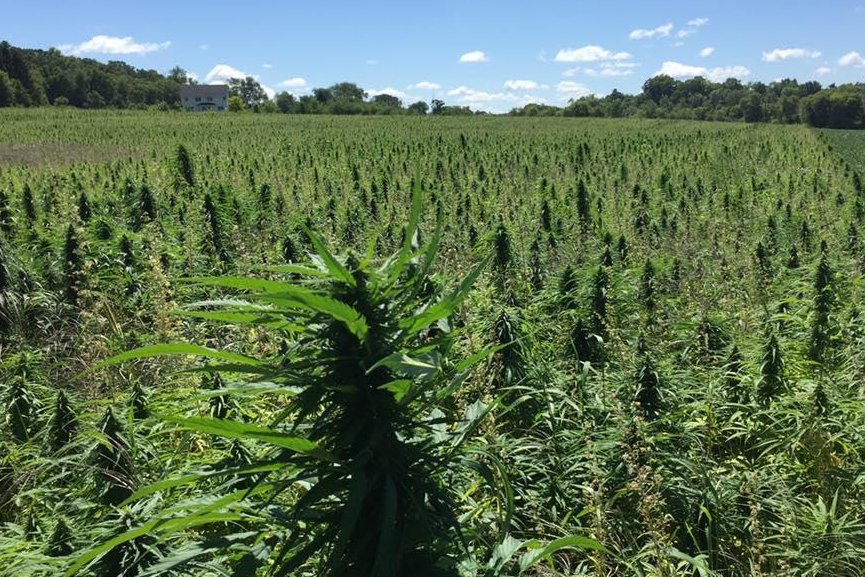The rise in the number of optimistic regulatory frameworks instigated by various regional governments will positively anchor the forecast for the cannabidiol (CBD) market. The growing awareness regarding the benefits and effects of the product as an alternative treatment method has accelerated its preference among consumers and suppliers. Moreover, the continued advancements in the approval processes by various authorities worldwide have also made way for numerous opportunities supporting CBD market growth.
According to a report by Global Market Insights, Inc, the global CBD market size could exceed $108.8 billion by 2027.
Growing presence in cosmetics
The overall industry share from creams and roll-on products is poised to hit a 35.8% CAGR up to 2027. This is owing to the increasing scope of CBD in cosmetic applications as it is highly effective in treating skin conditions. This, as well as its anti-inflammatory characteristics from a medicinal perspective, are leading to increased demand for CBD products like creams and roll-ons.
Scope in the treatment of mental health

CBD market value from anxiety/stress applications exceeded USD 1.5 billion in 2020 due to the growing need for helping mental health. The World Health Organization reported that over 4.5% of the total population in Europe suffers from depression. This escalating anxiety and stress rate has encouraged healthcare practitioners to increasingly make use of CBD-based medications.
Higher demand for oral administration
Demand for oral cannabidiol administration held nearly 45% of the industry proportion in 2020 due to its growing preference considering the gradual relief of pain compared to other disorders. The increasing dependency on the oral administration route for product development by several manufacturers will add positive impetus to market growth.
Medical benefits of cannabis
Annual revenue of the CBD market from the segment of the market dealing with THC (and CBD) products is expected to cross USD 30.1 billion by 2027. This is largely due to its increasing penetration across various countries and regions on account of its legal status. Furthermore, the relatively higher THC content of the compound has led to its growing usage to combat medical conditions, including Alzheimer’s and Parkinson’s disease, among others.
Online distribution to see a considerable footprint

The online CBD industry was responsible for more than 46% of the market in 2020. This is mainly due to the numerous advantages of online channels, like on-time delivery and adequate inventory, compared to their offline counterparts. Besides, this distribution platform minimizes the operational costs related to the maintenance of brick and mortar retail.
Australia to lead the regional landscape
Australia dominated the Asia Pacific CBD market by holding over 25% of the market share owing to the expanding geriatric population and the liberal stance of the regulating bodies in the region. The permittance to the medicinal and cosmetic use of CBD products is likely to spur regional adoption. The rising amendments in regulatory scenarios have also triggered awareness regarding the potential benefits of the product in the country. For instance, in April 2020, the Australian government released a new proposal for over-the-counter CBD in a bid to relax its narcotic scheduling whilst making it a Schedule 3 substance.
Providers of various CBD products are actively indulging in numerous growth strategies, like acquisitions and partnerships, to reinforce their market presence. For example, Mota Ventures Corp., in January 2020, acquired Spanish producer and online retailer, Sativida OU in a USD 2.2 million deal. The acquisition expanded the company’s presence in Europe and Latin America.
Although the demand for CBD is likely to experience certain hesitation from consumers in the short term, the market will witness lucrative growth in the long run. However, counterfeit and substandard quality products may potentially restrain industry expansion to some extent.














